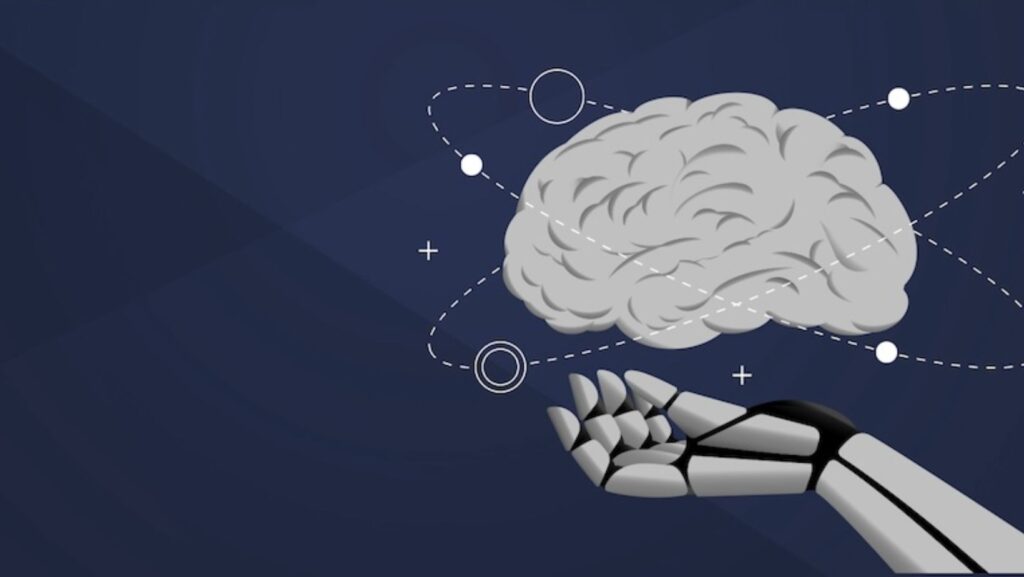
Qualitative research, long cherished for its ability to unravel the intricacies of human behavior and thought, is now entering an exciting new era. With the advent of emerging AI tools, researchers are no longer confined to traditional methods of interviews, focus groups, and manual data coding.
These innovations are unlocking opportunities to analyze complex, large-scale qualitative data in ways previously thought impossible. As AI becomes more sophisticated, its role in shaping the future of qualitative research is both promising and transformative.
The Undeniable Value of Qualitative Insights
At its core, qualitative research captures human stories, motivations, and emotions that numbers alone cannot fully reveal. For healthcare brands, understanding these nuanced human elements is essential for making informed decisions that genuinely improve patient care.
The “Why” Behind the “What”
Quantitative research identifies trends such as a decline in patient adherence to a treatment but qualitative insights uncover the reasons behind them. Patients may be influenced by factors like side effects, cost, lack of education about the treatment, or a combination of these. Understanding these complexities is critical to addressing the root causes effectively.
Capturing Context and Emotion
Human behavior is shaped by cultural nuances, personal values, and emotional triggers, none of which exist in isolation. Interviews, focus groups, and ethnographic studies enable researchers to delve into these layers through open-ended questions, observation of body language, and interpretation of tone and sentiment.
Bridging the Gap
Qualitative research bridges the gap between raw data and actionable insights, enabling healthcare brands to move beyond metrics like prescription rates to truly understand the lived experiences of patients and providers. At KJT, we believe the most valuable insights emerge from combining data with human understanding. This synergy represents the future of qualitative research in the age of AI.
AI’s Role in Enhancing Qualitative Research

While qualitative research excels at exploring the intricacies of human experience, AI enhances the process by making it faster, more efficient, and more objective. Rather than replacing qualitative methods, AI serves as a powerful complement.
Fei-Fei Li, a prominent AI thought leader, aptly said, “The most important use of a tool as powerful as AI is to augment humanity, not to replace it.” In qualitative research, AI acts as a supercharged assistant, helping researchers uncover deeper insights while preserving the human element.
Generative AI tools can enhance qualitative research in several ways:
- Scaling Data Collection: Conversational AI tools, like AI-enhanced chat platforms or virtual moderators, can simulate natural interview scenarios with large audiences, enabling simultaneous qualitative interviews at the speed of quantitative surveys.
- Streamlining Analysis: AI tools automate labor-intensive tasks, such as transcribing interviews or analyzing hours of recordings. Tools like Otter.ai convert speech to text quickly, allowing researchers to focus on interpreting findings.
- High-quality Sentiment Analysis: AI-powered sentiment analysis tools analyze large datasets to identify emotional tones within patient feedback or online communities.
Challenges of Relying Solely on AI
Despite its benefits, generative AI has limitations when applied to qualitative research:
- Over-reliance on algorithms can oversimplify the complexity of human behavior, failing to capture cultural nuances and subtle cues that are vital for authenticity.
- AI lacks empathy and struggles to fully interpret human experiences. Its reliance on historical data can introduce biases, potentially marginalizing certain perspectives—an especially critical concern in healthcare research.
- The use of AI in market research raises ethical concerns around transparency, privacy, and consent. Without clear guidelines, trust with participants may be jeopardized.
Recognizing these challenges, it’s essential to integrate AI thoughtfully, adhering to ethical standards and ensuring human accountability. At KJT, we’ve developed the BRAIN Framework (Balanced and Responsible Artificial Intelligence) to help clients navigate these complexities.
The Future of Qualitative Insights in the Age of AI
Looking ahead, AI will continue to shape qualitative research, enhancing its value while preserving its core principles.
Emerging Hybrid Methodologies
Future frameworks will seamlessly integrate human intuition with AI precision. For instance, real-time AI sentiment analysis could inform and complement in-depth human-led discussions for a more comprehensive understanding.
Researchers as Strategic Storytellers
While AI processes vast amounts of data, it cannot craft a narrative. Researchers will increasingly focus on interpreting findings and synthesizing them into strategic stories that resonate with healthcare brands.
Beyond Prediction to Understanding
As AI’s predictive capabilities improve, healthcare market research will remain focused on achieving a holistic understanding of patients, providers, and the broader care ecosystem. Insights that incorporate all facets of the human experience will set healthcare brands apart in complex markets.
Balancing AI and Human Expertise for Deeper Insights
AI is undeniably transforming market research, offering unprecedented speed and scale for generating impactful insights. Yet for healthcare decision-makers, human-centered qualitative insights remain irreplaceable.
Healthcare is both complex and deeply personal, requiring insights that go beyond data to provide an empathetic understanding of the “why” behind human choices. By insisting on uncovering the “why,” healthcare brands can remain grounded in the human experience as they navigate critical decisions.
Combining the precision of AI with the depth of qualitative research enables healthcare brands to generate richer, more actionable insights. The key is to strike the right balance—leveraging technology to deepen, rather than diminish, the essential value of human expertise in understanding and illuminating the human experience.







